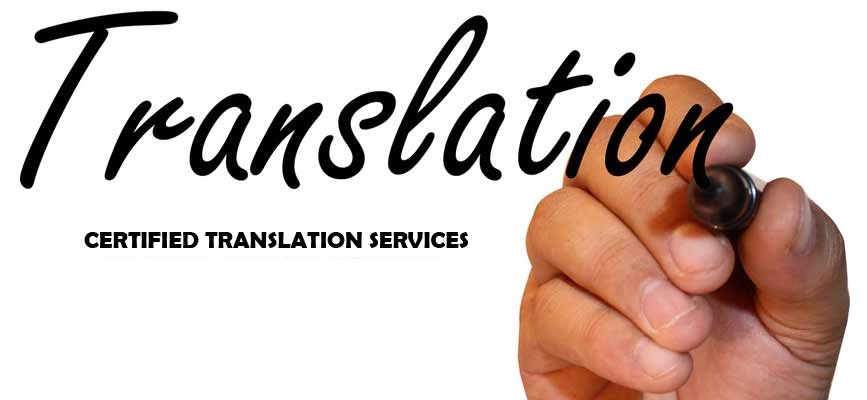Translation itself is a complicated process that requires a lot of skill, much care & dedication and time. However, when we talk about translating a legal document, the complexity of the process increases manifolds. Cross-cultural elements in the documents make the things even more challenging for legal document translators. The situation must be handled with utmost care because even minor of the errors may make the concerned person land in troubled water.
Let us see what difficulties a translator faces while translating a legal document.
Differences in Legal Systems
Obviously different countries have different legal systems in the world. Plus, there is nothing like a compiled document covering majority of the systems. It may lead ambiguity in the translation which must be evaded at any cost. The laws and norms of different nations vary a lot. As a result, translators often face two distinct legal systems and terminologies that have no exact equivalent.
Different terminologies
Terminologies and their variant uses pose another problem in translating a legal document. Unless the translator is well versed of the nuisances of each language’s legal terminology and vocabulary, translated document may create disaster. For example, the term ‘wounding’ means physical harm which results from violence usually carried with a weapon. However, when it comes to translate French word blessure, how will a translator ensure that s/he means wounding rather that injury?

Syntax
Commas, accents, apostrophes and colons help building the syntax of a language. But when it comes to translate them, they create havoc. Even a slight shift in syntax or change in punctuation can entirely alter the meaning of a sentence; even it is done in the same language. This problem is triggered when one has to follow the syntax of two different languages simultaneously.
Maintaining the Tone
Even if it is a legal document, the tone should be maintained all the time. Sometimes even experienced translators know how to keep the meaning accurately but do not hold the expertise to maintain the tone. In translation of legal documents, it may give rise to several complications, for example, a legal notice may not sound that much severe as it is in original doc.
We very well know about all the problems which arise in translating legal documents because we are an efficient translating agency that offers variety of services including legal document translation services, birth certificate translation service, etc. We have a team of expert professionals to translate any document. Need help in translating a document? Please contact us at – 888-670-3369.

